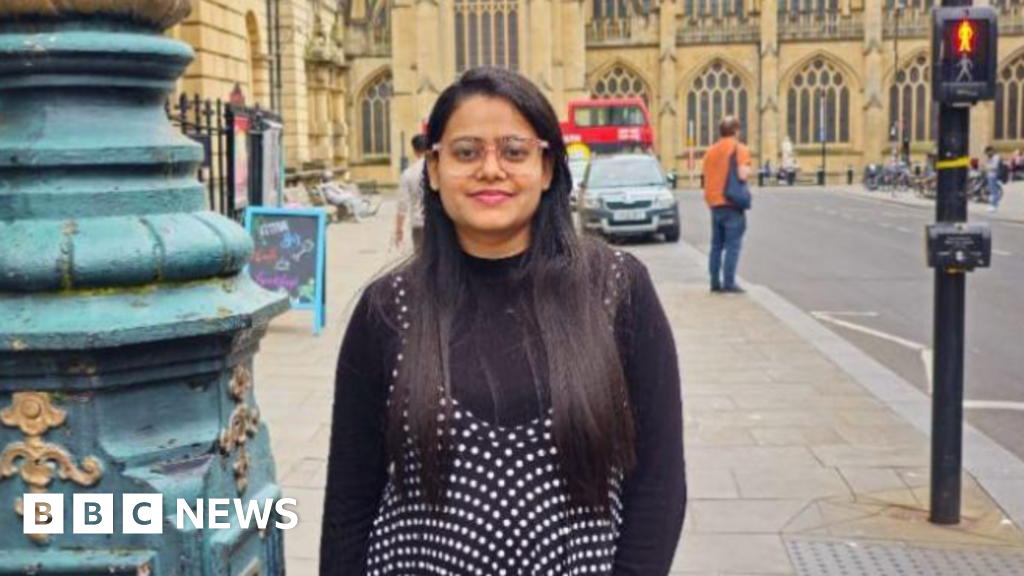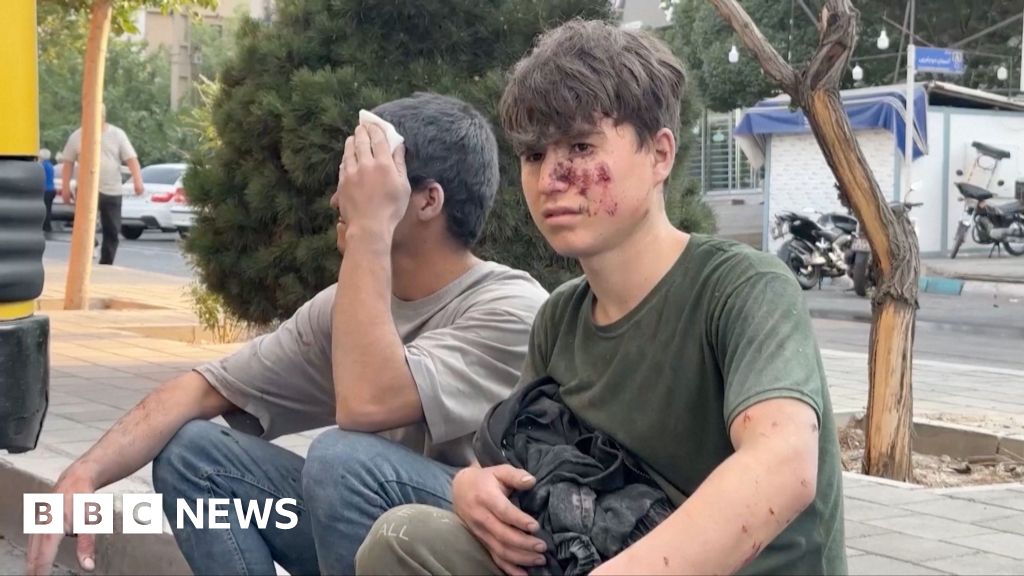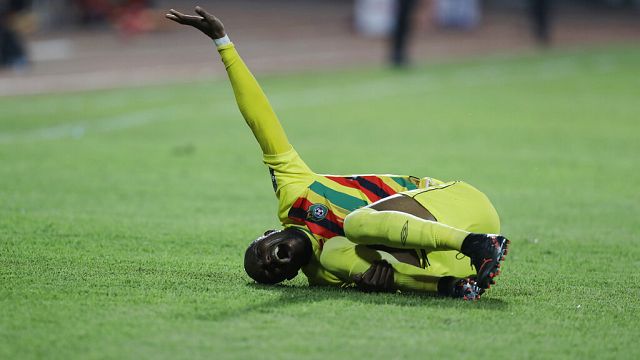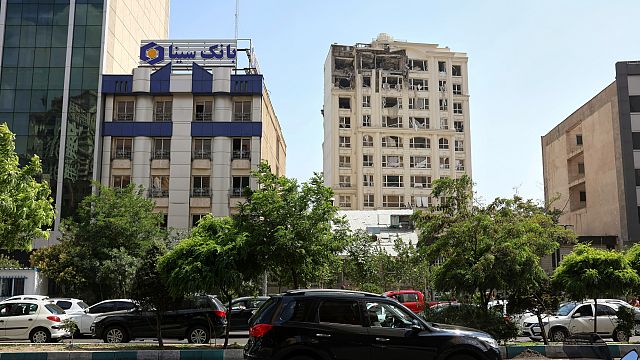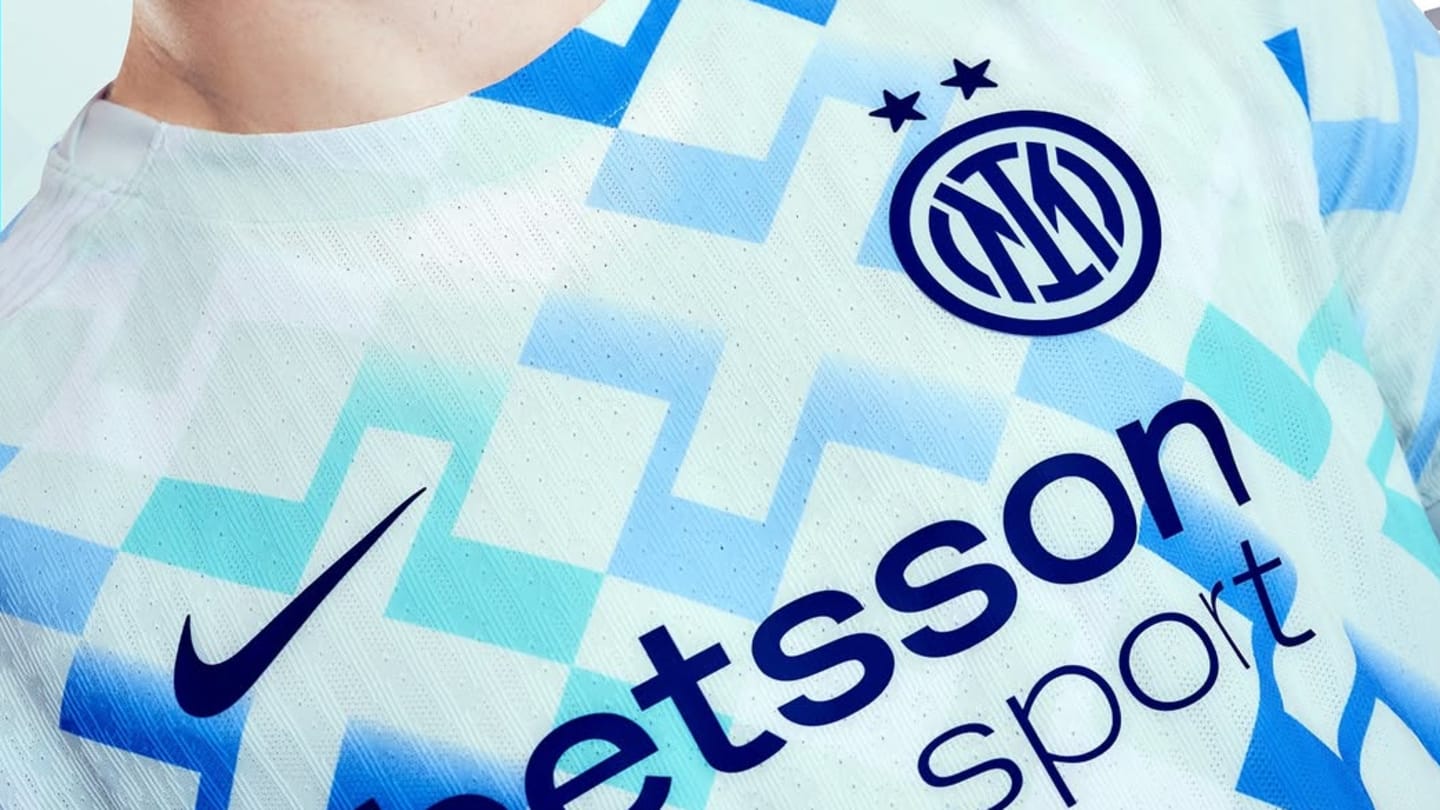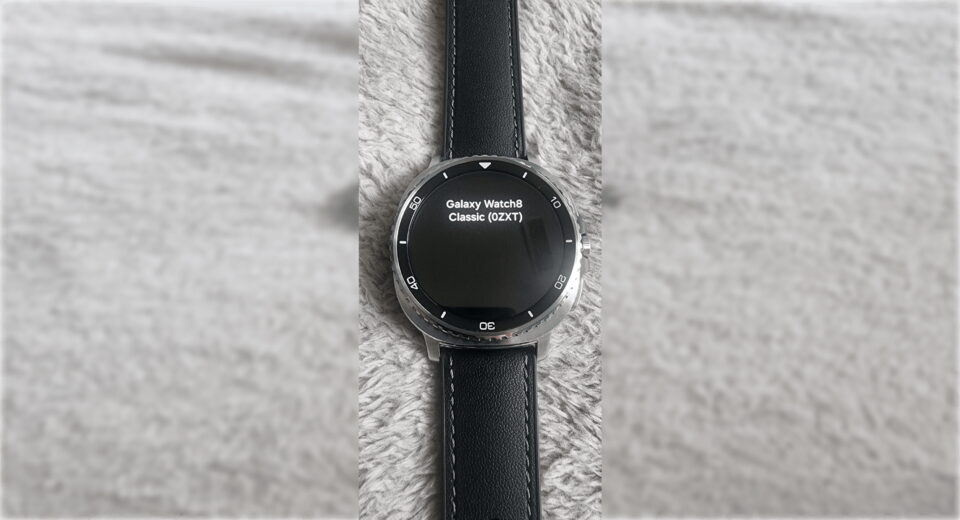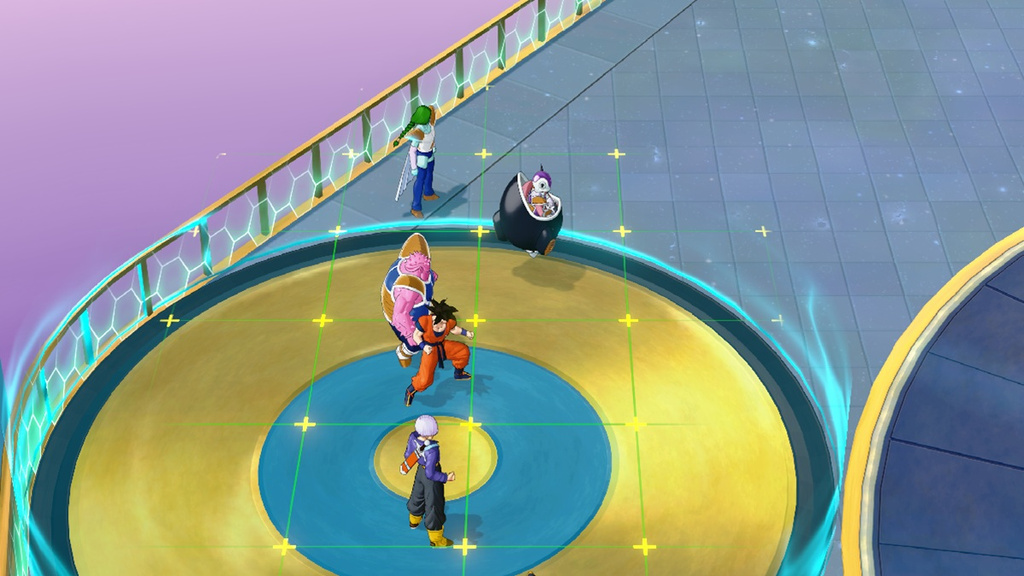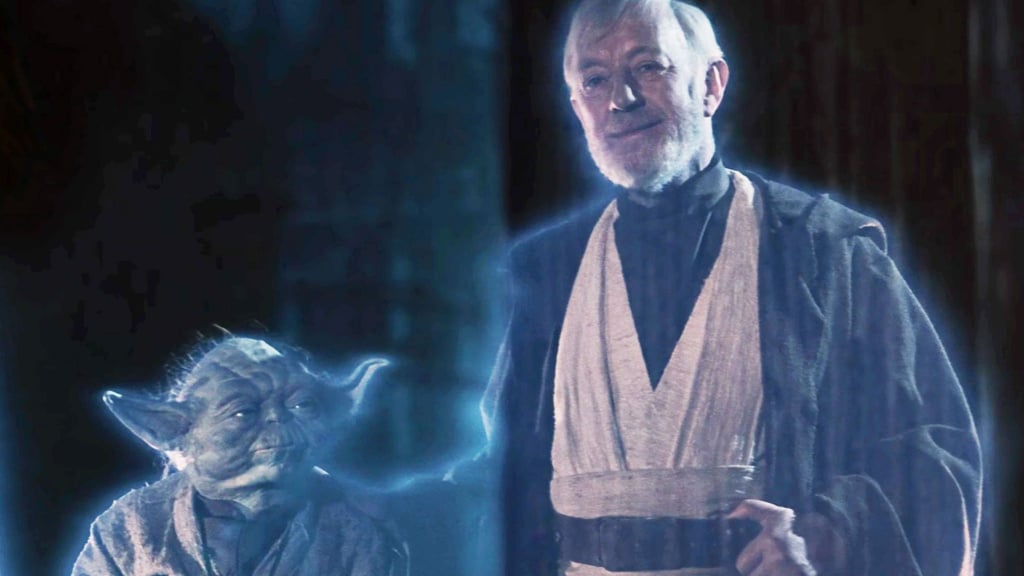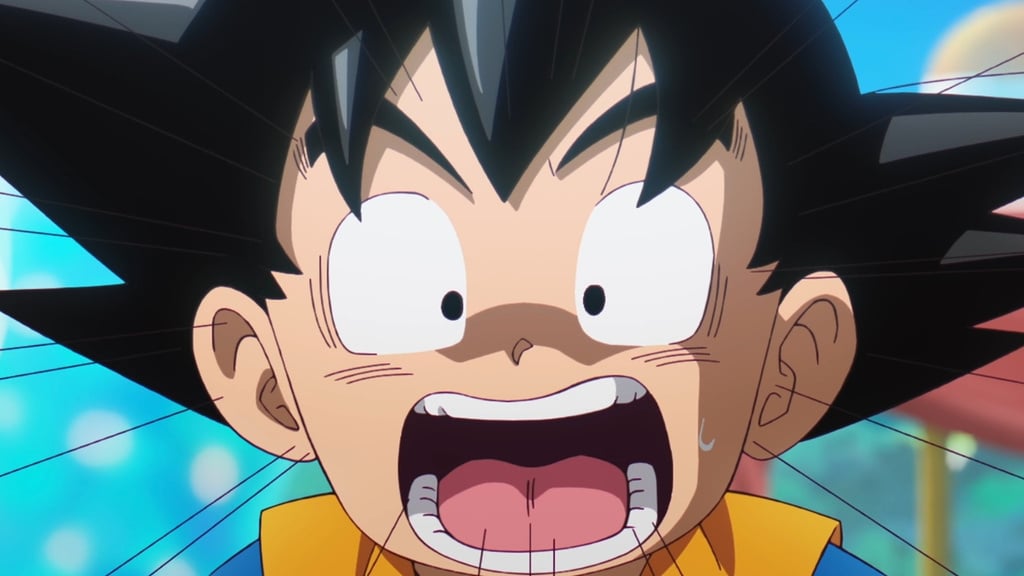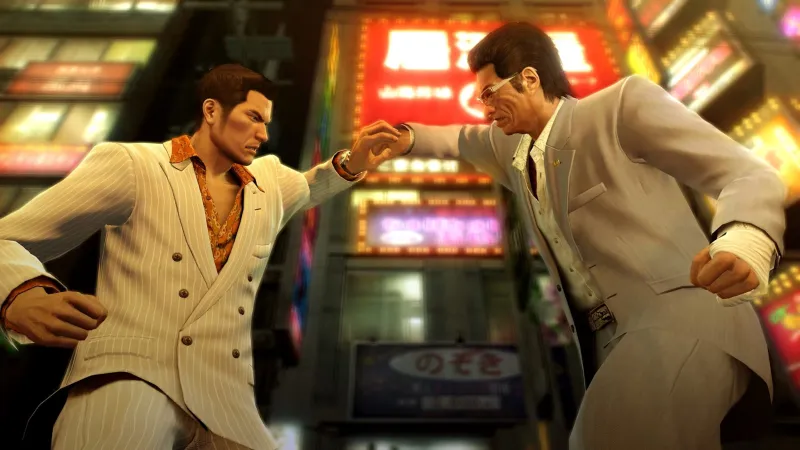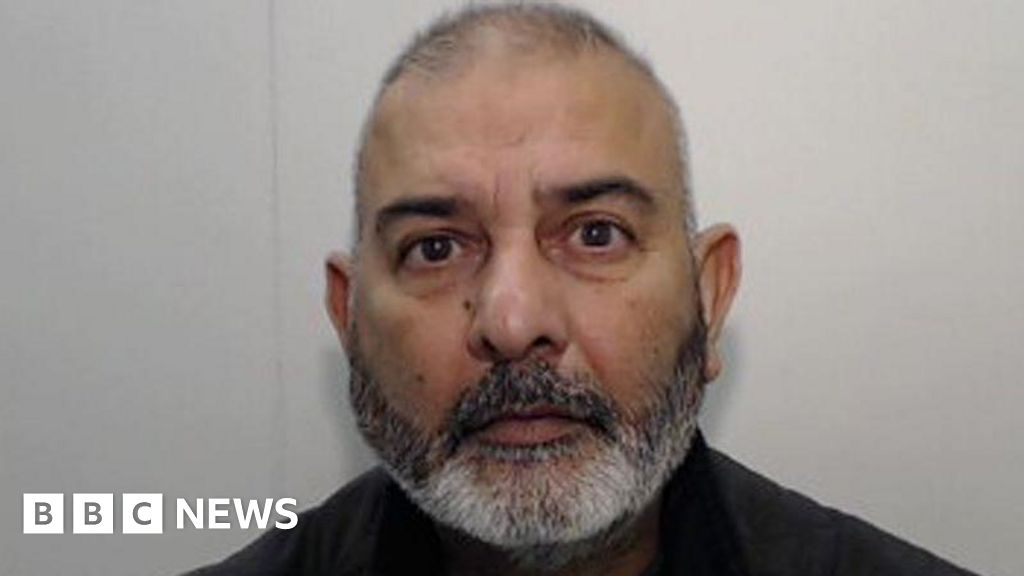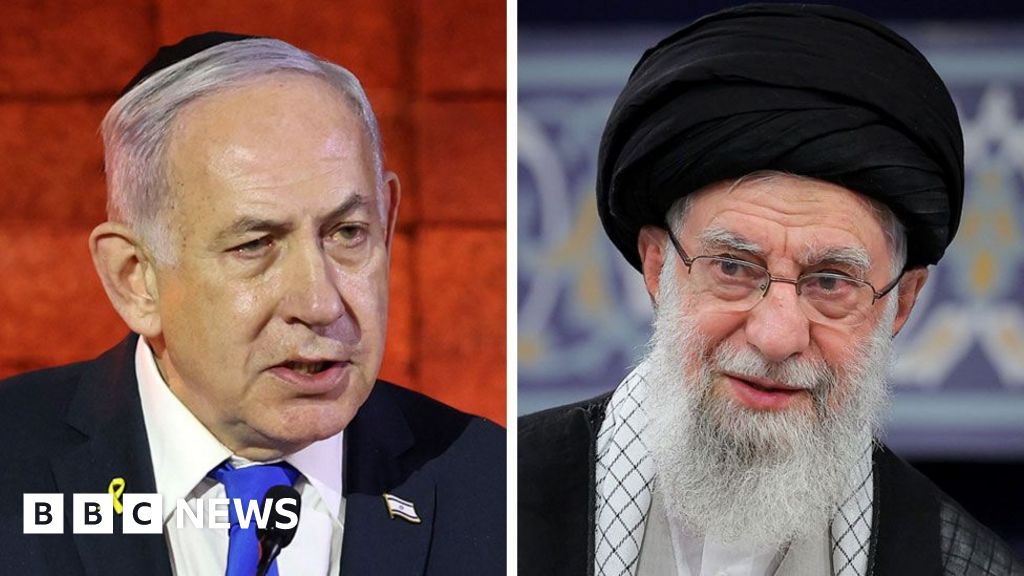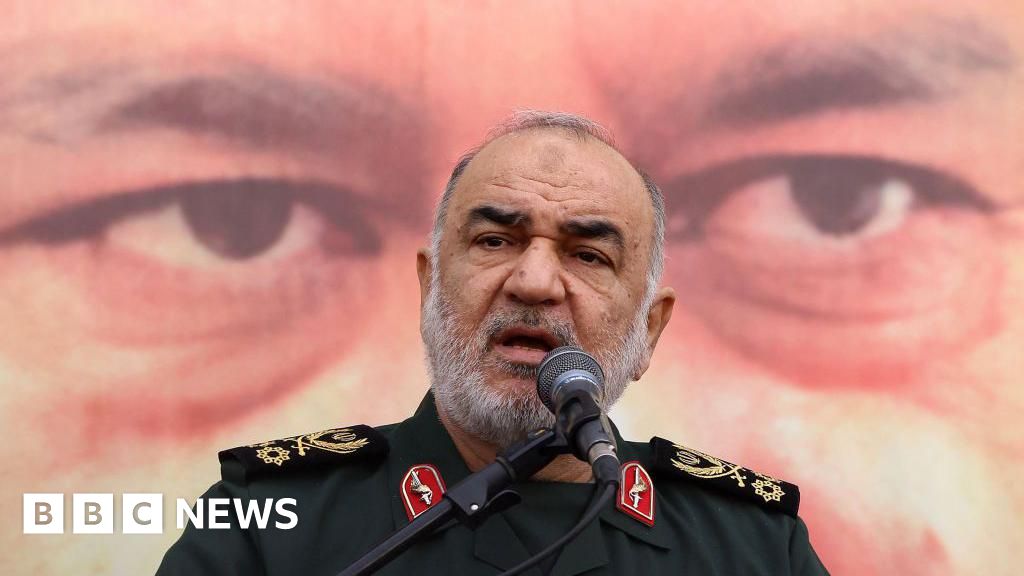Russian Scientist Released After Four Months in Federal Custody


Kseniia Petrova, a Harvard researcher, still faces criminal charges for failing to declare scientific samples she was carrying in her suitcase. Kseniia Petrova, the Russian scientist who spent four months in detention after failing to declare scientific samples she was carrying into the country, was freed on bail from federal custody on Thursday by a magistrate judge in Boston. Since her detention at Boston’s Logan Airport in February, Ms. Petrova has been transferred to detention centers in Vermont, Louisiana, Oklahoma, and, briefly, Rhode Island, before returning to Boston early Thursday. “Welcome to Massachusetts,” said the judge, Judith G. Dein. Ms. Petrova, who was handcuffed and dressed in an orange jumpsuit for the hearing, emerged from custody in a T-shirt that read “Hakuna matata,” and embraced Marc Kirschner, the scientist who heads her laboratory at Harvard Medical School. “Obviously, it’s hard to explain why someone like Kseniia had to be jailed for four months,” said Gregory Romanovsky, her immigration lawyer. He added that her release “means that the legal process, even though it may be slow, is working, which is great.” Ms. Petrova’s release is a victory, but a temporary one. She is still facing a two-pronged prosecution: The Trump administration began deportation proceedings against her in February, and around three months later, after she challenged the move in court, filed criminal smuggling charges against her. Lawyers for the government have said they intend to deport Ms. Petrova to Russia, a country she fled for political reasons in 2022. She has said that if she returns, she fears arrest or even death because of her activism. In a detention hearing before Judge Dein on Thursday, Nadine Pellegrini, an assistant U.S. attorney, said the government had agreed with Ms. Petrova’s defense on terms of release, allowing her to return home to her Boston apartment while awaiting her next court date, which is scheduled for next week. In brief remarks outside the courthouse, Ms. Petrova thanked her friends and colleagues for visiting her and sending her books while she was in detention. “People started contacting me and sending me letters, sending me messages of support — without which I wouldn’t be able to survive,” she said. “I never felt really alone even for a minute.” Ms. Petrova is unable to work, for now, because of her visa status, and Mr. Romanovsky, her immigration lawyer, said she had not yet decided whether to stay in the U.S. “She has offers from different countries around the world, countries that are eager to support the research that she is doing,” he said. “She is weighing her options at the moment and she is very grateful to be out.” Ms. Petrova’s case stands out among the cluster of high-profile deportation cases involving noncitizen academics because it centers on a customs violation, which is not typically grounds for revoking a visa. Before returning to Boston from a vacation in France, Ms. Petrova agreed to carry back samples of frog embryos from an affiliate laboratory in Paris, something her supervisor at Harvard Medical School had requested. The Harvard lab is investigating the earliest stages of cell division, in hopes of staving off damage resulting from aging or disease. These changes are easy to observe in the eggs of the xenopus frog, which are large and hardy. Ms. Petrova has acknowledged that she failed to declare the embryos, but her lawyer has argued that this would ordinarily be treated as a minor infraction, punishable with a fine. Instead, the customs official canceled Ms. Petrova’s J-1 visa on the spot and initiated deportation proceedings. At a bail hearing last month, Christina Reiss, the chief judge of the U.S. District Court in Vermont, expressed skepticism about the immigration case, remarking that, based on the evidence she had seen, “there does not seem to be either a factual or legal basis for the immigration officer’s actions” in stripping Ms. Petrova of her visa. She also said she had concluded that the scientific samples Ms. Petrova carried into the country were “wholly nonhazardous, nontoxic, nonliving and posted a threat to no one.” However, the criminal charges do not hinge on Ms. Petrova’s immigration status, but instead on whether she knowingly deceived customs officers in order to bring the samples into the country. The smuggling charge, generally brought against business operations involving the illegal import of exotic animals or endangered species, carries a maximum penalty of up to 20 years in prison, or a fine of up to $250,000. The criminal case against Ms. Petrova relies heavily on a number of text message exchanges that a customs officer found on her phone. In the exchanges, two colleagues from her laboratory asked if she had the proper documentation to carry the samples through customs. “What is your plan for getting through customs with samples?” one of them asked, according to court documents. Ms. Petrova replied, “No plan yet. I won’t be able to swallow them.” The environment for scientists has changed quickly in the months since Ms. Petrova was detained, said Rachael Jonas-Closs, a research assistant at the Kirschner laboratory, who attended Thursday’s court hearing. “It’s shaken people a lot, mostly on an emotional level but also on a fear-based level,” she said. “What a small infraction can lead to such a terrible outcome.” She said she was hopeful that Ms. Petrova would return to the laboratory. “We miss her,” she said. “That’s been the biggest thing.”
What's Your Reaction?
 Like
0
Like
0
 Dislike
0
Dislike
0
 Love
0
Love
0
 Funny
0
Funny
0
 Angry
0
Angry
0
 Sad
0
Sad
0
 Wow
0
Wow
0
